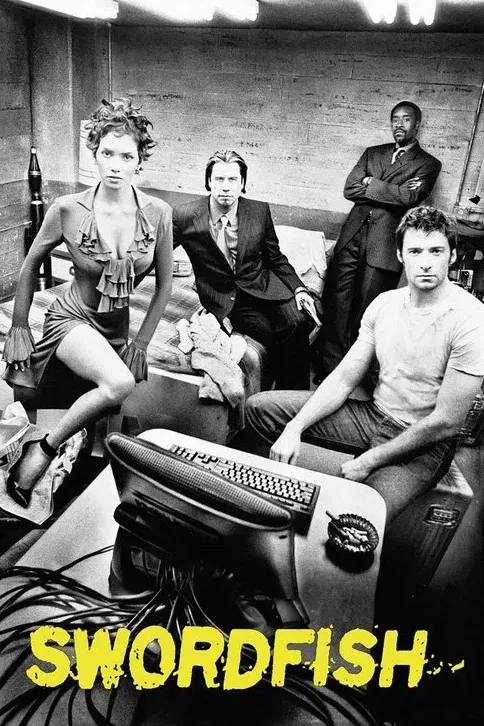
Personal info
Known for
Director
Gender
Male
Birthday
04 February
Location
Texas, United States
Edit pageSkip Woods
Biography
Skip Woods is an American screenwriter and film producer known for his contributions to some of Hollywood's biggest action-packed films. Over his career, Woods has written a variety of scripts for both thrillers and action movies, often delivering high-octane narratives that have resonated with audiences worldwide.
Biography
Early Life
Skip Woods was born on February 4, 1963, in Dallas, Texas. Growing up, Woods developed an early interest in storytelling and film. His love for movies led him to study film in college, setting the stage for his eventual entry into the world of screenwriting.
Education
Woods graduated from The University of Texas at Austin, where he studied radio, television, and film. His education helped to shape his understanding of narrative structure, pacing, and the power of visual storytelling, all of which would play key roles in his future screenwriting career.
Career
Early Career
Woods started his career in the entertainment industry with minor writing roles before landing his big break in Hollywood. Like many screenwriters, he faced several years of development and reworking of projects before his work was brought to the big screen.
Breakthrough Script: Swordfish (2001)
Skip Woods' career truly took off when he wrote the script for the 2001 action-thriller Swordfish, starring John Travolta, Hugh Jackman, and Halle Berry. The film, which focused on high-tech cybercrime, earned considerable box-office success and established Woods as a screenwriter in demand for high-stakes, fast-paced action films.
Notable Films Written by Skip Woods
Swordfish (2001)
The story of a hacker (Hugh Jackman) forced to work for a rogue government operative (John Travolta) in a high-tech heist. The film became known for its action sequences and tense storytelling.
The A-Team (2010)
Woods wrote the screenplay for this big-screen adaptation of the 1980s TV show, starring Liam Neeson, Bradley Cooper, and Sharlto Copley. The film was a commercial success, packed with action sequences, explosions, and the high-energy humor that fans of the original show loved.
Hitman (2007)
Based on the popular video game series, Hitman tells the story of a highly skilled assassin (played by Timothy Olyphant). The film features a dark, action-packed narrative and was a moderate success, making Woods well-known among fans of video game adaptations.
A Good Day to Die Hard (2013)
Skip Woods wrote the screenplay for the fifth installment of the Die Hard franchise. Although the film received mixed reviews, it was a financial success, bringing Bruce Willis back as the iconic action hero John McClane.
The Hitman’s Bodyguard (2017)
This action-comedy starred Ryan Reynolds and Samuel L. Jackson. Woods worked on the screenplay, delivering a fast-paced, humorous, and action-packed story about an elite bodyguard protecting a hitman.
Screenwriting Style
Skip Woods is known for writing fast-paced, action-driven scripts that are often filled with sharp dialogue, high stakes, and complex characters. His works tend to focus on themes of crime, revenge, and moral conflict, often set against thrilling backdrops and filled with suspense. Woods’ ability to craft tension-filled moments has made him a sought-after screenwriter for blockbuster action films.
His writing is characterized by:
High-stakes action sequences
Complex characters navigating dangerous situations
Themes of betrayal, revenge, and moral ambiguity
Sharp, fast-paced dialogue
Collaborations with Directors and Actors
Woods has frequently collaborated with directors known for their work in the action genre, including:
John Moore (A Good Day to Die Hard)
Joe Carnahan (The A-Team)
Xavier Gens (Hitman)
He’s also worked with a variety of actors, including John Travolta, Hugh Jackman, Liam Neeson, and Ryan Reynolds, often pairing them with roles that require physical intensity, charisma, and emotional complexity.

